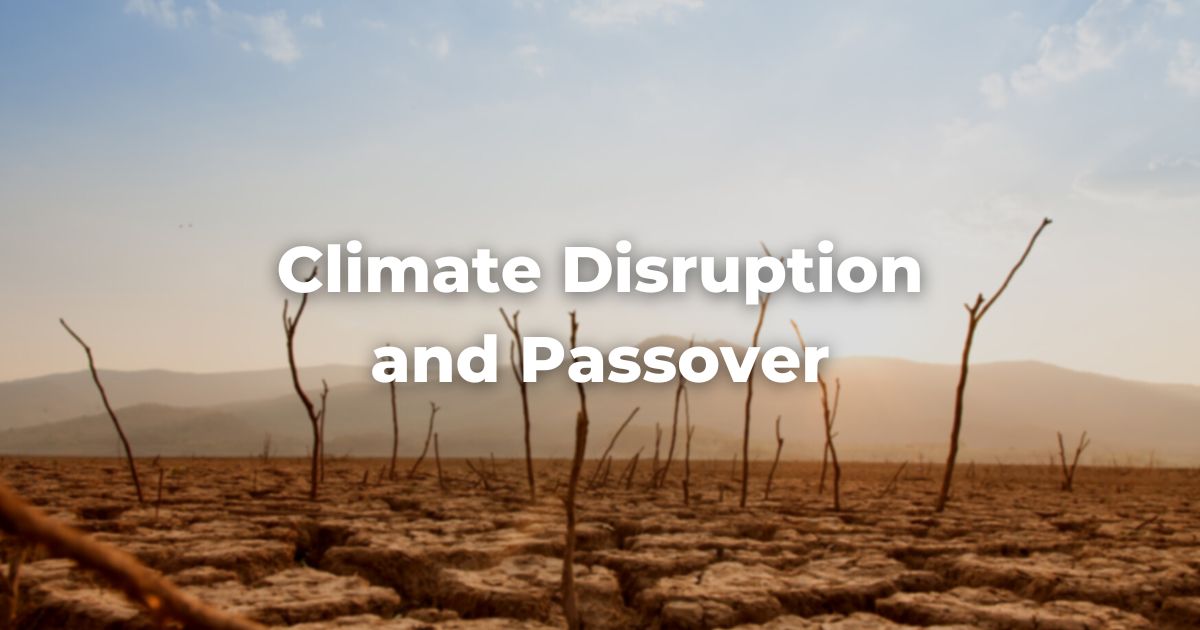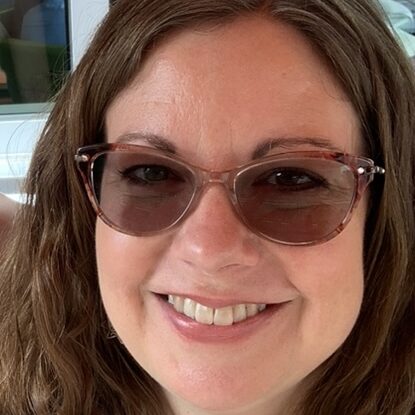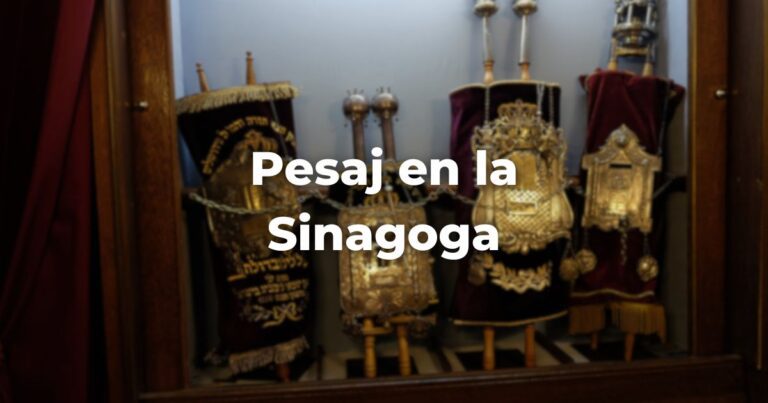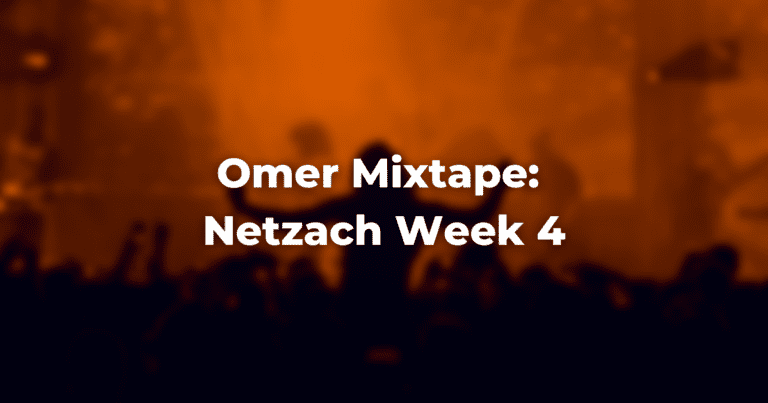This piece is part of Exploring Judaism’s 5784 Passover Reader. Download the whole reader here.
One of the things that has always struck me about the Passover story is that it isn’t just Israelites who are delivered from Egypt. There are Egyptians and others—a “mixed multitude”—who flee with them. This diverse group of people travel together from here on out. They experience the parting of the Sea of Reeds together; share in the gift of manna in the desert; and stand together at the foot of Mt. Sinai, trembling in awe at shared revelation.
As a person who converted to Judaism, it has always been meaningful to me that our origin story is one of a diverse, inclusive community.
That non-Israelites were part of the refugee exodus from slavery and persecution and that everyone shared in the Sinai moment tells me that all who want to be part of our community are welcome. No, more than welcome—we belong!
During Passover, we are commanded to retell the story of fleeing persecution with the few items of clothes and household items we could grab on our rush out the door, without time even for the bread to rise. In our retelling, we are invited to imagine ourselves in the story, as though we are the ones who experienced suffering and were freed, escaping an oppressive, narrow place to seek a new home in a new land.
One of the biggest challenges that our current age of climate disruption presents is that of people being forced to leave their homes, often with the few items of clothes and household items they can grab of their way out the door, to seek a new home in a new land.
They now hope for what our ancestors did: a place where they can be free of oppression and threat, where they can find food and fresh water for their families, where they can live in safety and peace.
According to the United Nations Refugee Agency,
“Hazards resulting from the increasing intensity and frequency of extreme weather events, such as abnormally heavy rainfall, prolonged droughts, desertification, environmental degradation, or sea-level rise and cyclones are already causing an average of more than 20 million people to leave their homes and move to other areas in their countries each year.”
Not everyone who flees their homes can or will stay in their country of origin.
The Conservative Movement has developed a Climate Action Plan and is part of the Jewish Climate Leadership Initiative. This brings me hope! Taking action to prevent further climate disruption is something we can all work towards at home and work, in our synagogues and neighborhoods, and in the voting booth.
Some climate disruption is already set in motion, though. The disasters are happening and will continue to come. So we have a choice.
How will we respond to people who just can’t stay in what was their home anymore?
This Passover, let’s do more than remember our refugee origin story, imagining ourselves as having been miraculously freed from slavery. Let’s challenge ourselves to expand our understanding of what community can be, of who we include in our circle of concern and care. Climate disruption is making some places unlivable, and it is only logical that families will flee.
Where will they go? Who will help them? Where will they find sanctuary and a new home?
There are ways we can work to create a welcome for immigrants and refugees now, and Passover is a great time to begin. Here are some ideas:
- Connect our ancient story of liberation with the journey toward freedom that so many immigrants and refugees experience today through HIAS’ Passover Haggadah.
- As you gather with friends, family, and community members to celebrate, raise the climate refugee crisis as a topic of conversation. Maybe someone you know is already volunteering to help welcome immigrants; maybe talking about it will inspire a next step. It is always more fun to volunteer with others in community!
- Set an extra seat at your Seder to represent a welcome place at the table for a refugee.
We have lived the refugee story. Our first taste of freedom and peoplehood was as a mixed multitude. May we be among the first to respond to people fleeing oppression and climate disruption today with support, welcome, and the sweet gift of hope.
Author
-

Yaira was studying to be a Unitarian Universalist minister when she took a class at seminary about Judaism and felt like she was coming home. She converted, became an active member and teacher at Congregation Agudas Achim in Austin, raised her two kids there, and even went so far as to complete a year of rabbinical studies. Now her kids are grown and she serves her local community by working for county government. She cares a lot about climate change, racial justice, and good tacos.
View all posts






